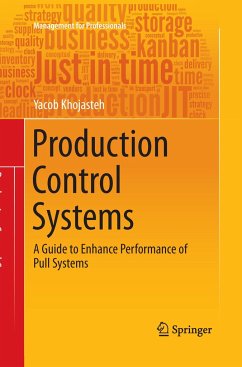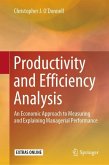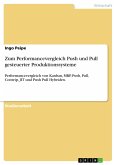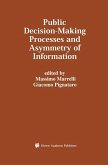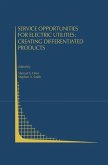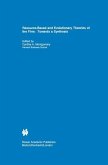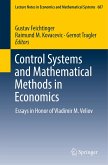Selecting a suitable production control policy is a challenging task for managers because the superiority of one control over the other is controversial. This book analyzes pull production systems and provides a guideline to choose and implement a proper control policy in production processes. By employing a proper control policy the maximum possible throughput of the production system can be achieved with the minimum work-in-process inventory. Kanban, CONWIP, and base-stock as wellknown pull control policies are analyzed and analytical comparisons among them in multistage serial and assembly production processes are presented. Illustrated by carefully chosen examples and supported by analytical solutions, discussions provided in the book clarify the complexity of the comparisons that show there is no general superiority among the control systems. Th e book explains which structural parameters decide the superiority of one control scheme to the others, and how they are related. Given a confi guration of parameters, such as processing times and number of cards employed in the system, the superior control policy can be selected.

